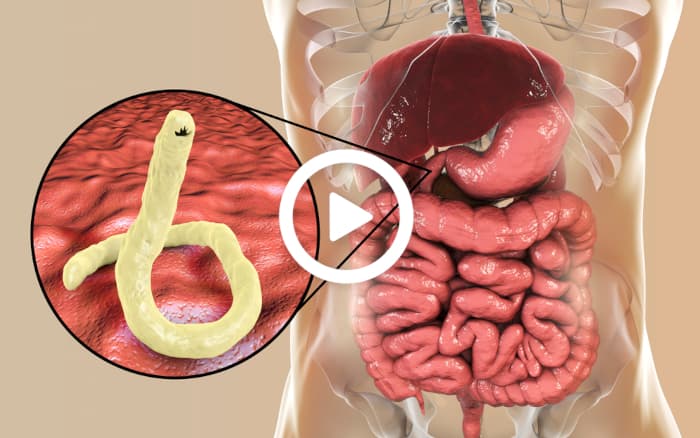Food As Medicine: How To Fix Your Diet To End Disease & Mental Illness | Dr. Uma Naidoo
In today’s society, mental health issues are often approached predominantly as neurological or psychological conditions. However, there is a growing recognition that mental health cannot be fully understood or addressed without considering our nutritional habits. The role of food, specifically processed and nutrient-deficient diets, has come to light as a significant factor influencing mental health disorders such as anxiety, depression, and more complex conditions like schizophrenia.
The global prevalence of mental health issues is alarming, with over 70% of individuals receiving little to no professional healthcare. Recent research suggests an inseparable connection between the increase in mental health disorders and dietary habits, particularly the widespread consumption of processed foods. These foods contribute significantly to chronic inflammation and metabolic disruptions, negating a simple 'chemical imbalance' narrative.
Mental health has traditionally been tied to neurological issues located "above the neck," neglecting the influence of nutrition-related inflammation. Finding effective treatments has proven challenging due in part to the outdated Diagnostic and Statistical Manual (DSM), which primarily categorizes mental health purely based on descriptions rather than underlying biological causes.
The COVID-19 pandemic exacerbated mental health issues, significantly increasing rates of anxiety and triggering debates on food's impact in this rise. Mass prescriptions of antidepressants during this period did not account for more holistic paradigms connecting processed foods to heightened anxiety. Evidence increasingly shows this 'Standard American Diet' directly influences brain function through bi-directional pathways linked to the gut and inflammation.
Essential fatty acids, particularly Omega-3s found in fish, are fundamental to managing inflammation and have been associated with improved mood and reduced symptoms of anxiety. Interestingly, dark chocolate has surfaced as a rich source of plant-based iron, further establishing the link between mood improvement and diet. Incorporating these into a daily routine may serve as immediate, natural interventions against uninformed or autoimmune behaviors instigated by nutritron deficiency.
"We often think of problems as strictly psychological when there are heavy, underlying biological and societal contributions," says one of the experts explored within this dialogue, urging a reconfiguration of how practitioners guide dietary movements.
Enhancing mental health via dietary adjustments involves understanding micronutrients like magnesium and Vitamin D. Both are crucial for brain function and emotional regulation, with deficiencies directly impacting anxiety levels. Strategically increasing exposure to sunlight or consuming foods naturally rich in these elements can boost mental wellness significantly.
From Around The Web
Wellness Inbox is a blog & weekly newsletter that curates trending news and products related to health and wellness from around the web. We also gather content from various sources, including leading health professionals, and deliver it directly to you.
Please note that we may receive compensation if you purchase any products featured in our newsletter. Wellness Inbox is not affiliated with, nor does it endorse, any health professionals whose content may appear in our newsletter. The information provided is for general informational purposes only and should not be considered medical advice.
The information provided is not intended to replace professional medical advice, diagnosis, or treatment. All content, including text, graphics, images, and information available is for general informational purposes only. We do not guarantee the accuracy or completeness of any information presented and assume no liability for any errors or omissions. The content is subject to change without notice. We encourage you to verify any information with other reliable sources and consult your physician regarding any medical conditions or treatments.







